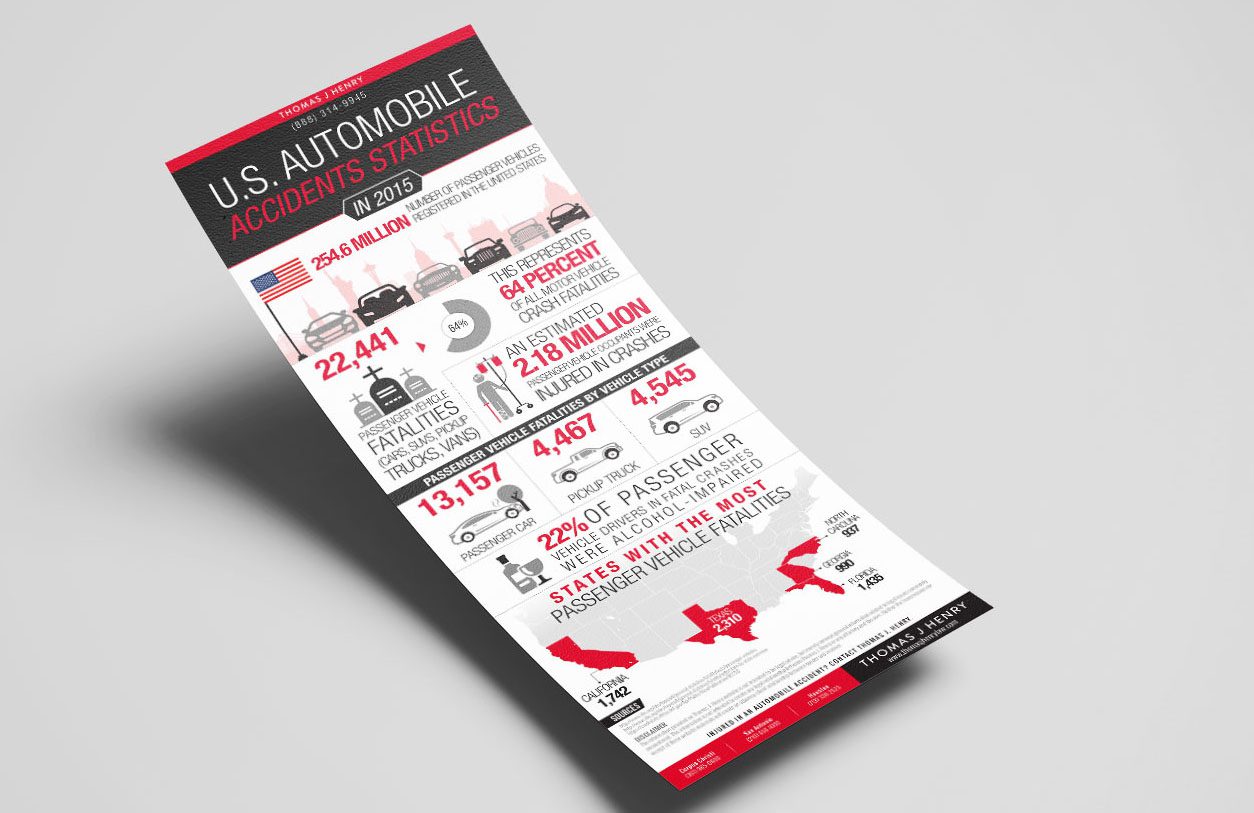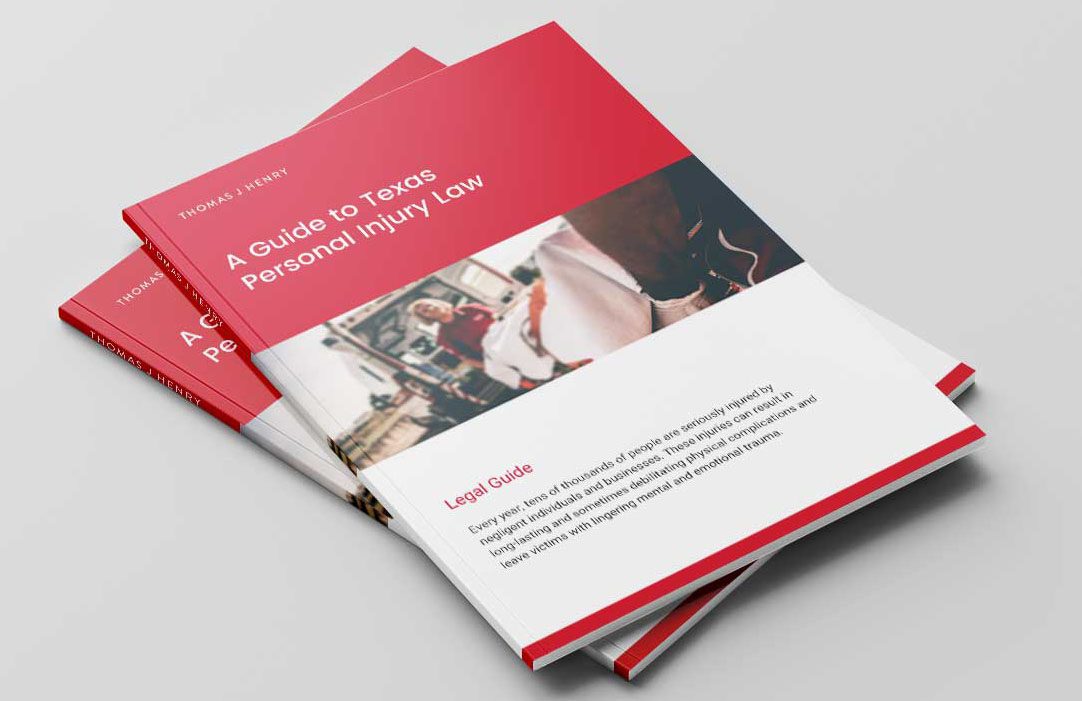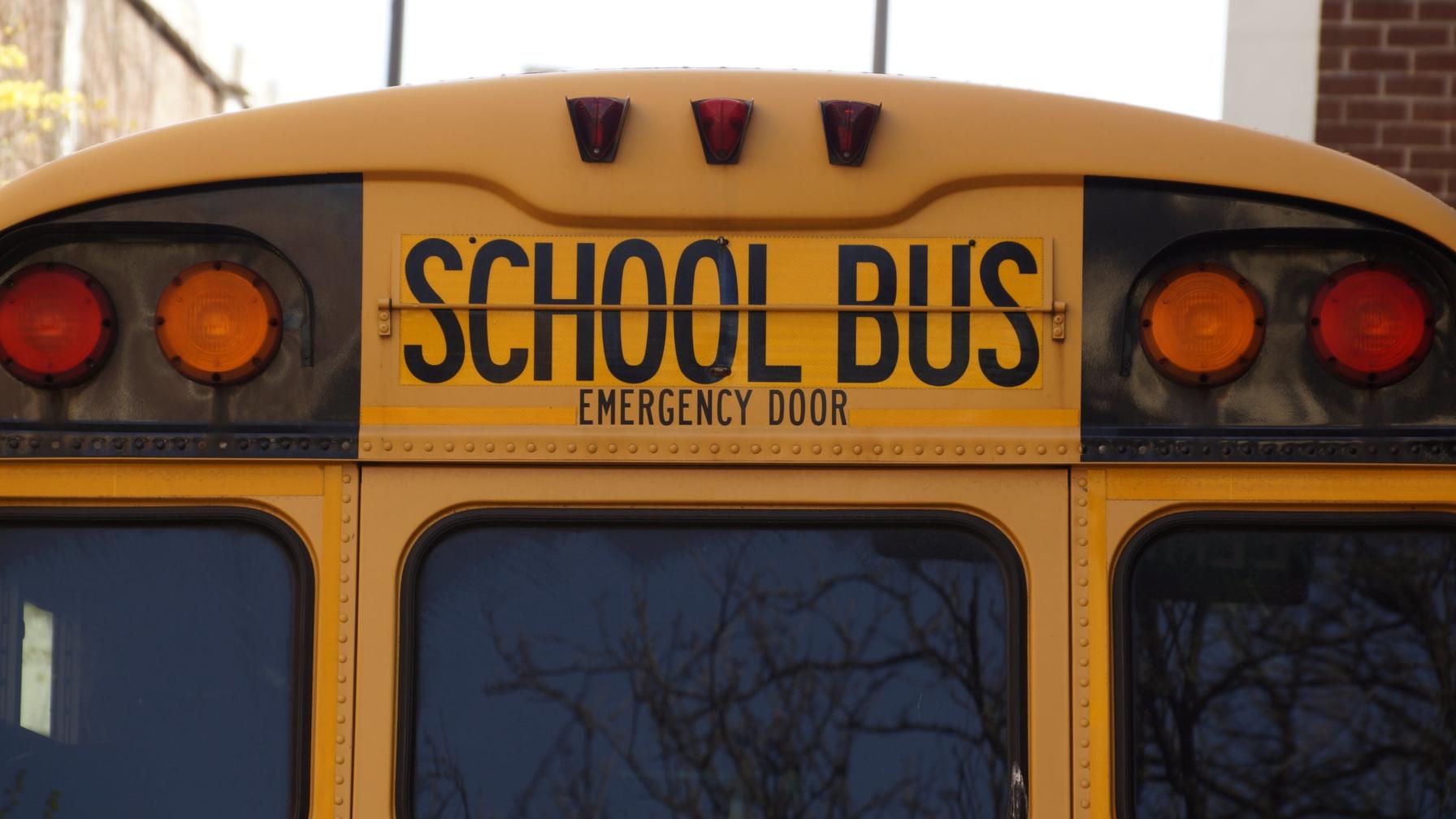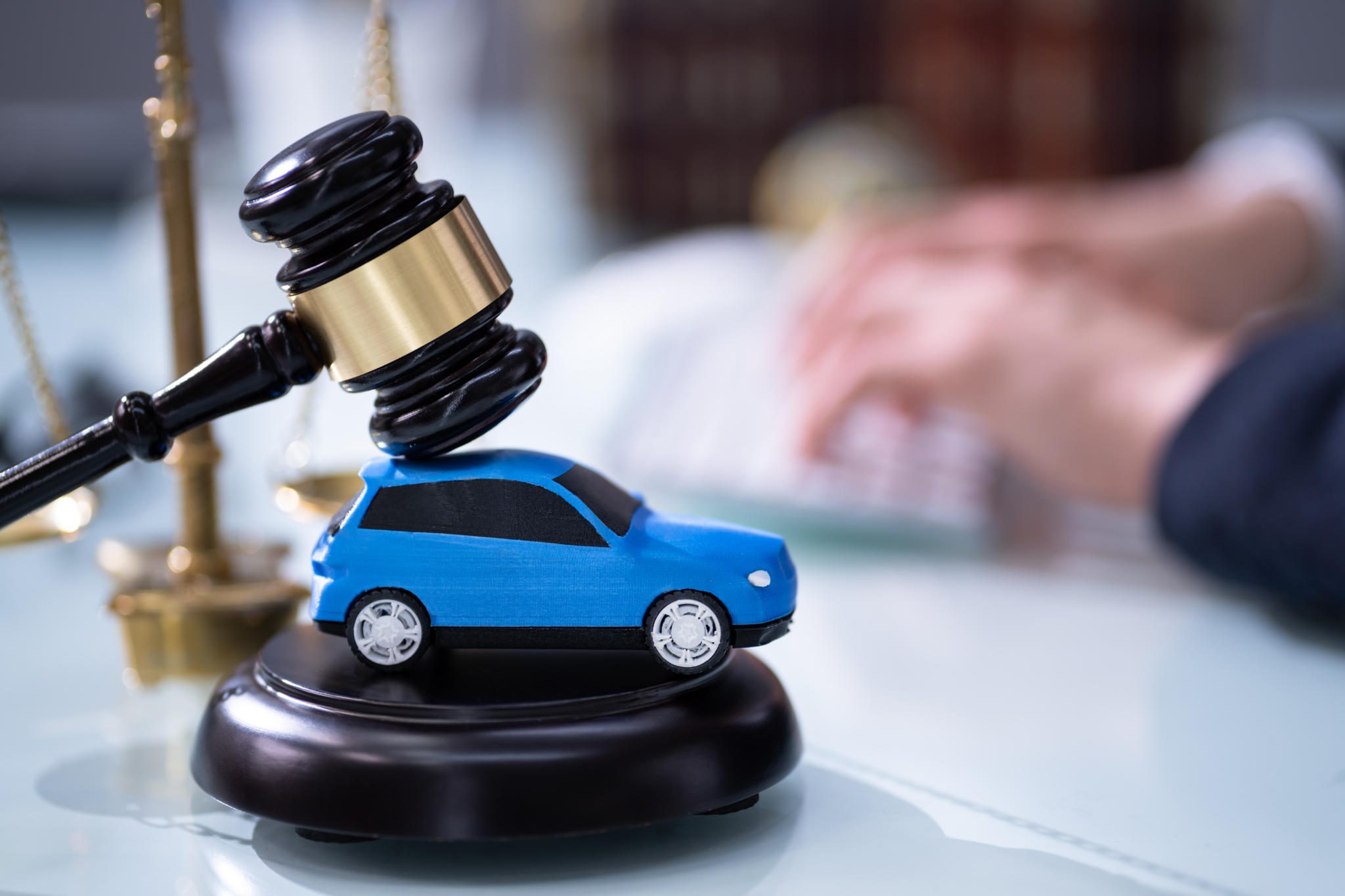On This Page
Swimming Pool Injuries and Drownings
Americans love to swim — especially children. Among children and teens between the age of 7 and 17, swimming is the number one most popular recreational activity. Sadly, every year hundreds of children are injured and killed due to a drowning. Drowning is the leading cause of unintentional injury death among children aged 1-4 years. More than 60 percent of fatal drownings of 0 to 4 year-old children occur in swimming pools. Some fatal drownings are the result of negligent property owners who have failed to provide a safe environment for your child to swim.
Common Causes of Pool Accidents and Injuries
Similar to any other premises liability case, if the pool’s property owner is found to be negligent in keeping the area safe for you and your children, you may be entitled to compensation. Here are a few causes of pool accidents:
- Failure to maintain water clarity
- Inattentive and untrained life guards
- Failure to maintain self latching and closing gates that keep young children from entering pool area
- Failure to maintain pool logs as required by state laws
- Vacuum drains that do not have proper covers can cause serious or fatal results
- Lack of safety equipment on hand such as shepherd hooks and ring buoys with throw ropes
- Lack of flotation safety lines separating deep and shallow areas of pool
- Unclear depth markers that prevent swimmers from knowing what the depth of the pool is
- Lack of certified and properly trained pool staff responsible for pool upkeep
- Defective pool equipment such as filters and pool pumps that affect water clarity
- Lack of pool ladders that allow easy exit from pools
- Emergency phone near pool not working or non-existent
- Overcrowded pools with too many people in the pool at one time
- Inadequate light for pool area
- Defective pool lights
Circulation Entrapment Injuries
The CPSC defines “circulation entrapment” as being caught in the water circulation system in a pool or spa, which includes the drain and suction outlets. Here are some facts about circulation entrapment:
- Between 2011 and 2015, there were 20 incidents of reported circulation entrapment injuries.
- Out of the 20 incidents, only one victim was fatally injured.
- 78 percent of the victims of circulation entrapment were younger than 15 years old.
- Nearly half (48 percent) of victims were trapped in a suction incident.
- 35 percent of circulation entrapment incidents involved entrapment of a limb.

























